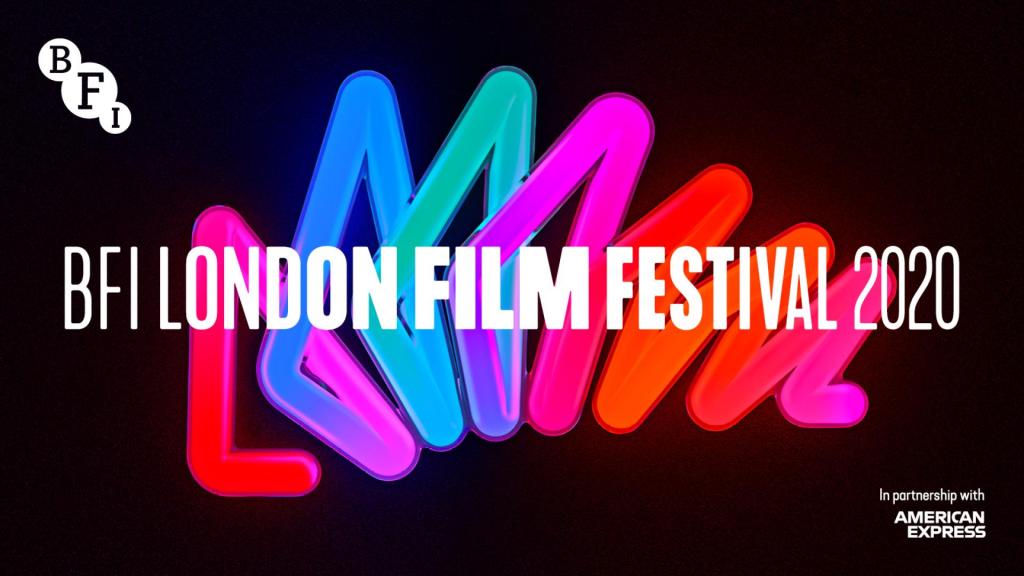
General thoughts
This year’s London Film Festival (LFF) was undeniably special for many reasons. Due to the unprecedented global health crisis involving the C-word, masks, social distancing, mass closure of entertainment venues and effective cancellation of normality, the film festival season had to reinvent itself and adapt to these bizarre circumstances.
Apart from a handful of titles, such as Ammonite, Nomadland or Mangrove, the LFF organizers followed in the foot-steps of other major festivals like SXSW and TIFF, which also moved their operation online. In addition, a lot of emphasis was put on increasing accessibility and inclusivity, which predominantly translated into extending press accreditation privileges to a greater number of bloggers and pundits with niche appeal or operating on smaller, independent platforms.
This translated to Twitter becoming positively abuzz with reactions, hot takes and vibrant discussion which was an overwhelmingly positive phenomenon, albeit a stand-in for what the festival would have been in its proper physical form. But, who am I to moan? As a result of this increased inclusivity initiative, I also was offered an opportunity to cover the festival. However, a few things need to be said about how this aspiration to extend a hand to people and an attempt at moving this massive operation online was reduced to practice.
At the risk of sounding like a crass politician arguing that a good crisis should never go to waste, the binary choice between moving the festival online or cancelling it altogether provided necessary momentum to precipitate a cultural shift. In the age where programmed television is being increasingly abandoned in favour of embracing the freedom provided by paid access to streaming libraries where films are available to watch whenever you have time to watch them, it seems logical that a similar approach would be adopted by festival organizers.
Well… think again.
As though to spite the spirit and logic of their aspirational attitude to be seen as forthcoming and inclusive, LFF opted to ‘mimic’ the cinematic experience by asking viewers to log in at exactly prescribed times (within a one-hour window) to watch the festival selection of films. This only applied to features while (most) shorts were freely available to stream. Instead of re-imagining what a festival could become in the age where streaming is well on its way to become the primary source of entertainment, LFF desperately tried to cling onto the traditional formula and looked as though they were dragged feet first into the 21st century. How is it possible that other festivals can give their viewers a longer viewing window and LFF cannot? In fact, they do have the technology to achieve that – BFI’s own streaming service where it is possible to rent and watch films at a whim as well as browse their selection of films. Arguably, the platform needed to be adapted behind the scenes, but let’s not pretend the need to move the festival online sprang at the organizers at a moment’s notice. Because the pandemic has been a feature in our lives for a considerable amount of time, the poor execution of this move could not be excused by it being an emergency.
To add insult to injury, the spirit of inclusivity was warped further by how terribly mismanaged the organization of press screenings ended up being. Forget the last minute scheduling; what I simply cannot excuse is the executive decision that somebody in a position of power must have made to stage all press screenings at times where most people work. This effectively excluded anyone who has to cling onto their employment, navigate the treacherous waters of limited childcare provision and everything else the pandemic has changed in our lives. And to top it all off, every single film made available to press delegates was screened only once, hence reinforcing the obsolescence of the you-snooze-you-lose notion of insisting on programmed content.
Therefore, I sincerely hope that come next year – and we have to bear in mind the world will not have shaken off the virus by then – LFF will have learned their lesson and truly embraced the freedoms Internet provides. This whole experience would have been considerably better if the idea of scheduling extremely short windows for viewing films had been abandoned. That way, I would have been able to watch more than the eight films I ended up seeing. And just to be clear, I was able to attend only one press screening. If it hadn’t been for some wonderful PR people distributing screeners, my LFF experience in 2020 would have been utterly barren and tremendously disappointing.
My LFF coverage
What I will refuse to criticize is the actual selection of films I had the pleasure to see. Sure, I would have loved to see more than eight, but c’est la vie. Nevertheless, while Hollywood is effectively holding its breath and cinema releases have slowed down to a barely noticeable trickle, festival selections continue to prove that the art of filmmaking is alive and well. Moreover, as the selection of films screened at the 2020 LFF proves rather unequivocally, cinema continues to be a mirror for anxieties we all know all too well and an opportunity for therapeutic reflection on such heady themes as cultural, racial and sexual identity and generational trauma. I am extremely grateful to have seen those films (though I can’t say I liked all of them) and I am honestly looking forward to doing it next year, hopefully under circumstances of better managed execution and inclusive programming.
180 Degree Rule
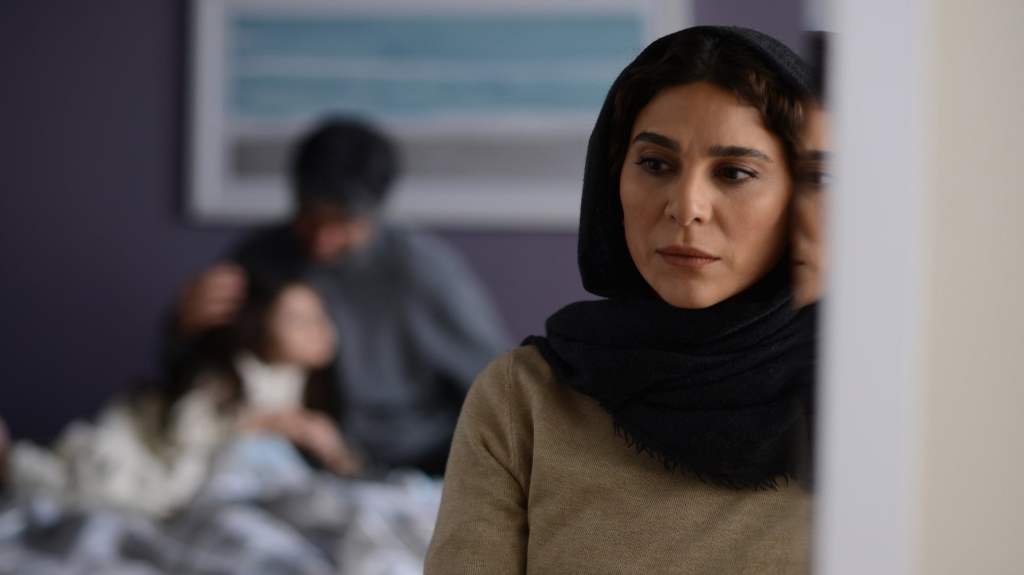

“It’s dense and difficult to process, though its heavy-handedness is not rooted in self-indulgent condescension but in genuine raw frustration. While it isn’t perfect and maybe bites more than it can chew, 180° Rule adds an essential note to the ever-growing melody of cultural dissent woven into modern feminist cinema. If this is her opening right hook, there is a championship belt in Farnoosh Samadi’s future.” (Read my full review on CLAPPER.)
After Love
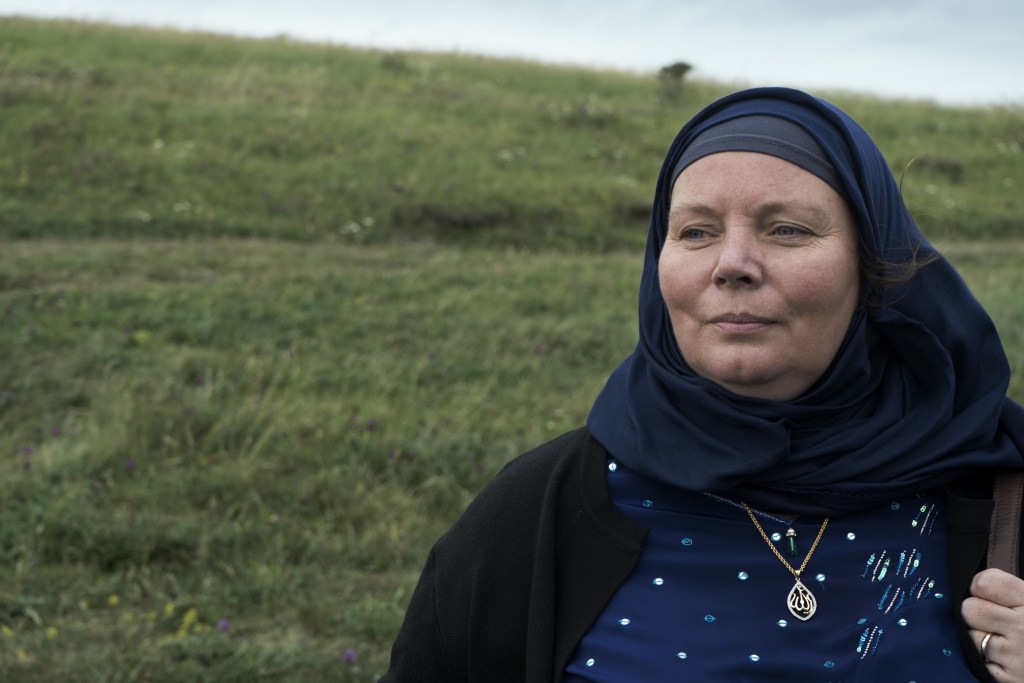

“However, let it be said that even the most outrageous combination of flavours will find its fans. Fortunately, despite indulging in tonal mismatch and superfluous intrigue of Mary hiding her identity and infiltrating the lives of her husband’s side-family, After Love eventually reconnects with its organic potential and leaves the viewer with at least a semblance of narrative cohesiveness.” (Read my full review on CLAPPER.)
I Am Samuel
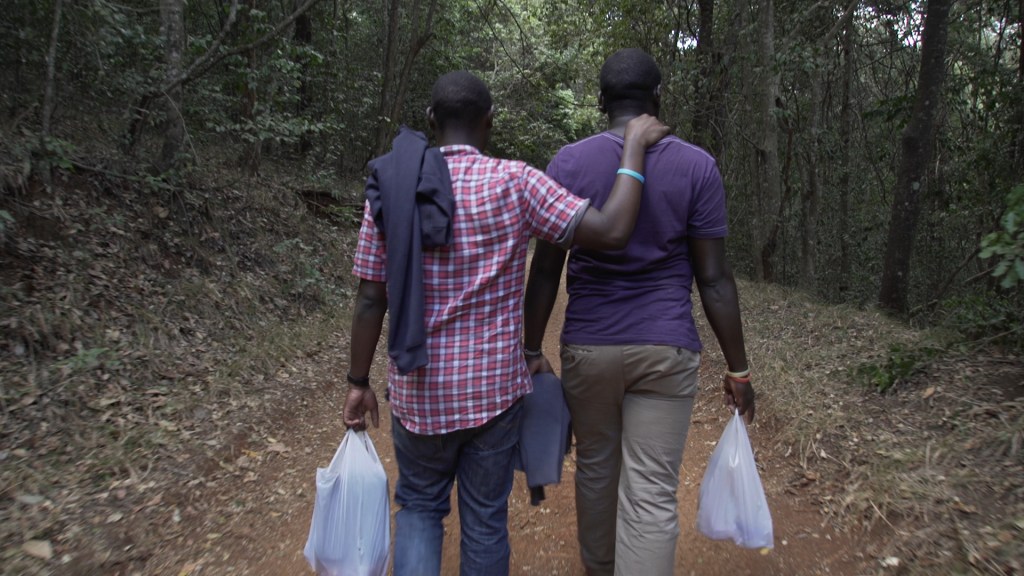

“I Am Samuel adds up to a touching and an ultimately uplifting cinematic experience that walks the tightrope between celebrating gay love and condemning the societal hostility towards it. The film executes on this central mission by simply leaving everything in the hands of its subjects who are extremely likeable, quietly unassuming and innately honest about what they want out of life.” (Read my full review on CLAPPER.)
Cicada


“Nevertheless, what Cicada has in spades is artistic honesty, which is more than enough to call it a successful debut. It is truly a rare example of life and art folding onto one another and achieving unity, as though to resemble a cinematic Möbius strip. It is a story that beautifully achieves thematic complexity by manipulating fundamental aspects of the human condition with the respect and soulfulness they deserve and captivates the viewer with its heartfelt imagery. “ (Read my full review on CLAPPER.)
Kajillionaire


“As such, while it is going to be challenging to digest upon one single sitting, Miranda July’s Kajillionaire is most definitely going to be impossible to forget. Uplifting and punishing in equal measures and as sweet as it is bitter, this film is undeniably singular, uniquely beautiful and frighteningly relevant.” (Read my full review on CLAPPER.)
Wildfire


“Even though its political allegory can’t be called watertight by any stretch of the imagination and the film indulges occasionally in narrative clichés, Cathy Brady pulls off a laudable debut that stands a fair chance of becoming an amplifier for the voiceless generation continuously told to sit down and shut up by adults clad in suits and ties. Honest, cerebral and organically furious, Wildfire is an outstanding feature and a clear sign Cathy Brady is a filmmaker to watch.” (Read my full review on CLAPPER.)
Ammonite
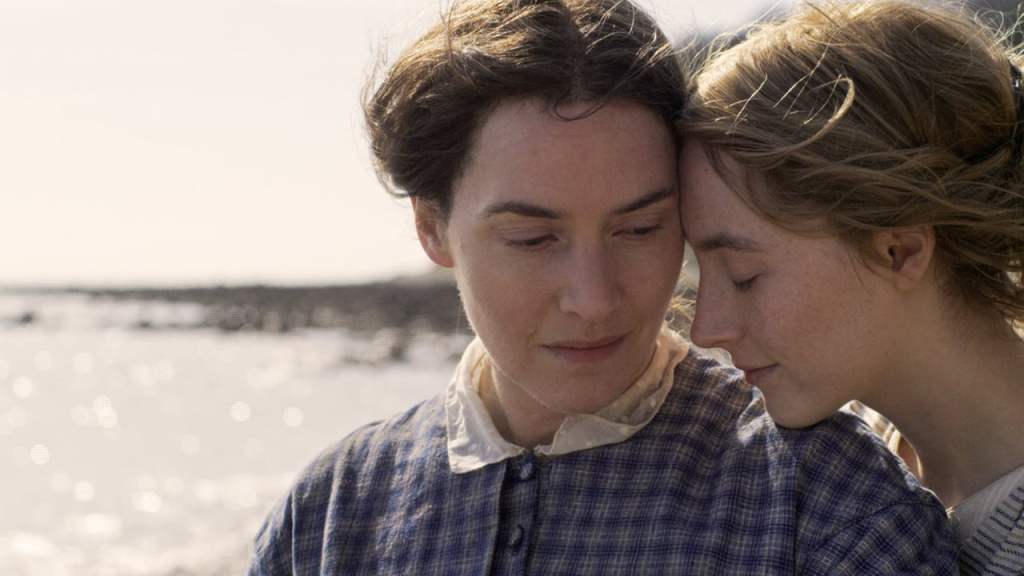

“It is a me-too Portrait Of A Lady On Fire that unabashedly fails where Céline Sciamma succeeded so beautifully. Instead of a searing celebration of one of many unsung heroines of scientific advancement and a commentary on the long-suppressed queer emancipation, this film is a forgettable woke biopic that warped historical record to manufacture drama and then let that drama fizzle out like a can of pop left on a window sill on a hot July afternoon.” (Read my full review on CLAPPER.)
African Apocalypse
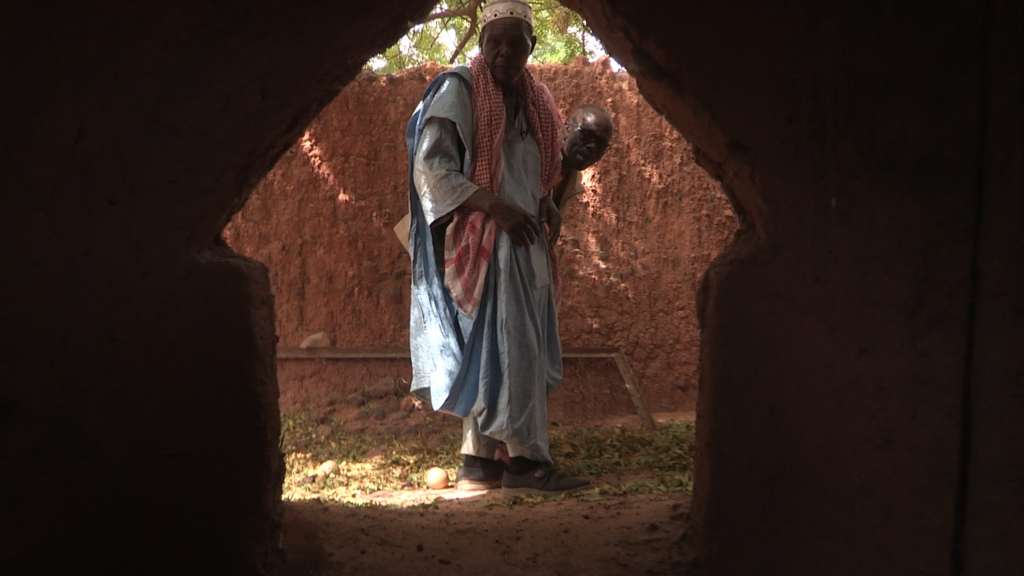

“Just like Conrad’s Heart Of Darkness, African Apocalypse is difficult to sit through. It’s languid, dense and the gruesome subject matter is anxiety-inducing. But – again, like Conrad’s book – it is indispensable. While it occasionally strays towards formal familiarity with vocal recreations and montages reminiscent of run-of-the-mill BBC productions, this film should be seen by everyone.” (Read my full review on CLAPPER.)

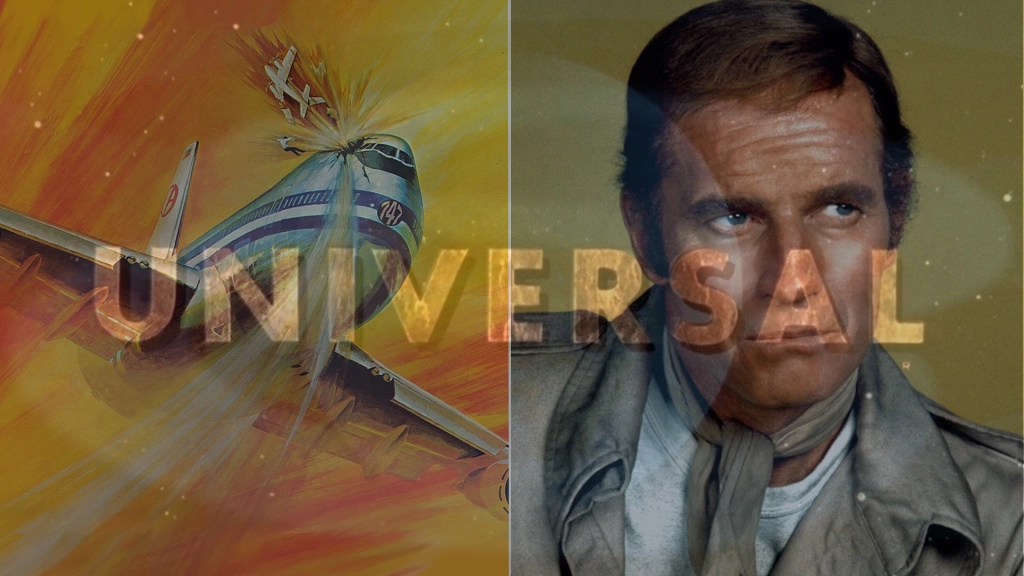
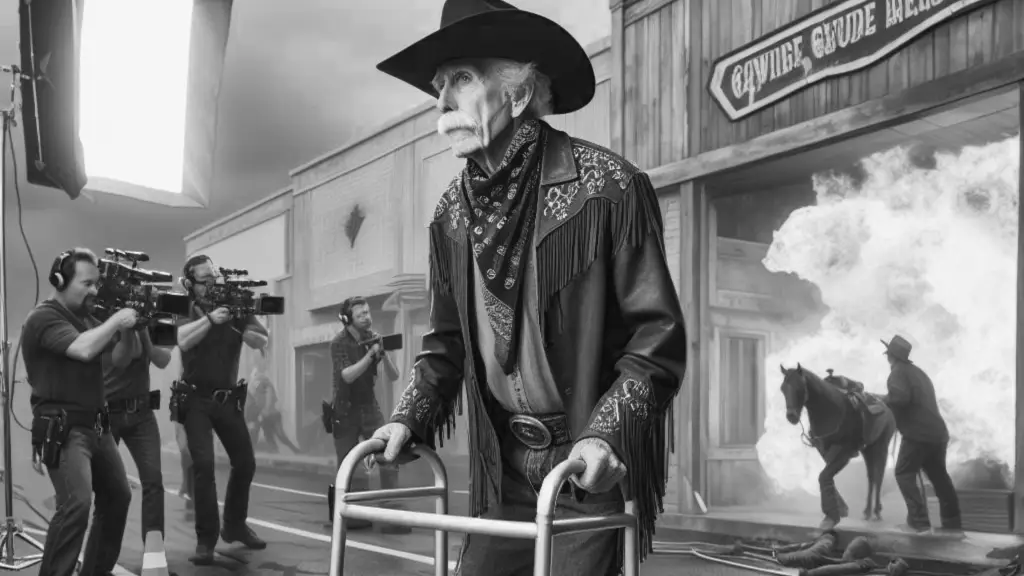

Leave a comment